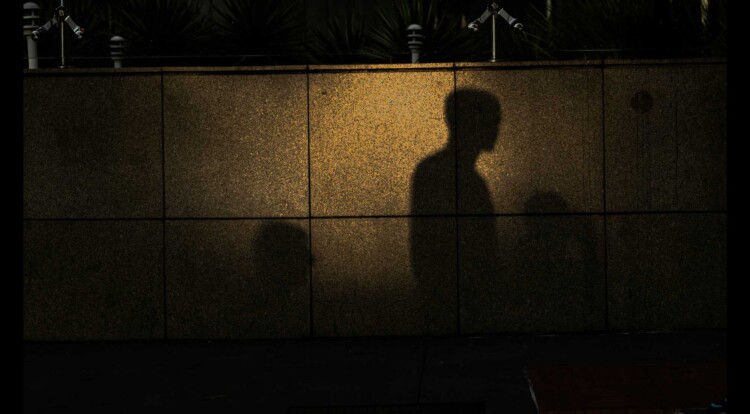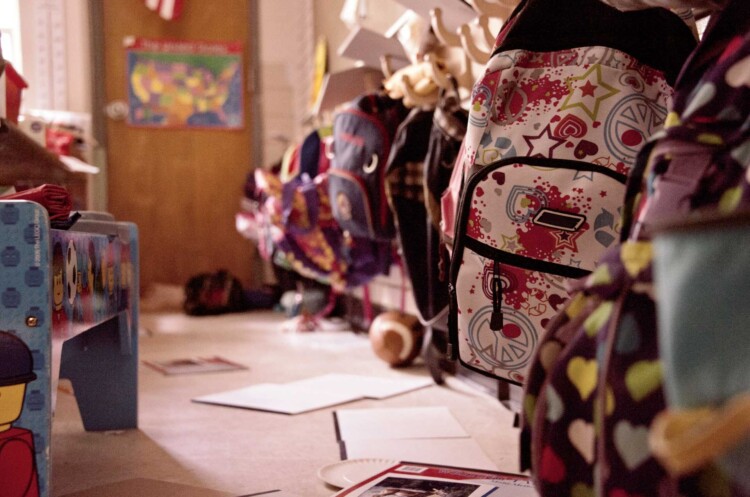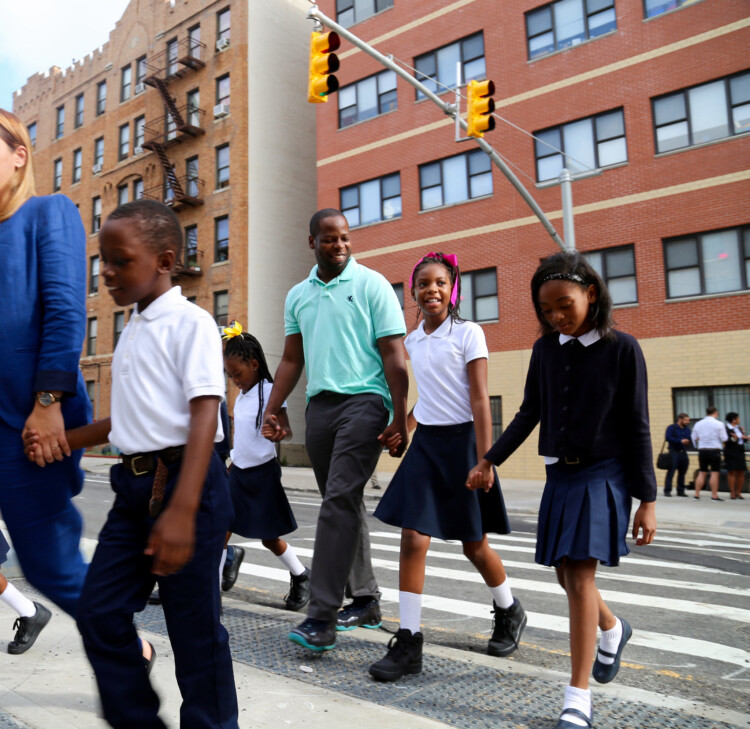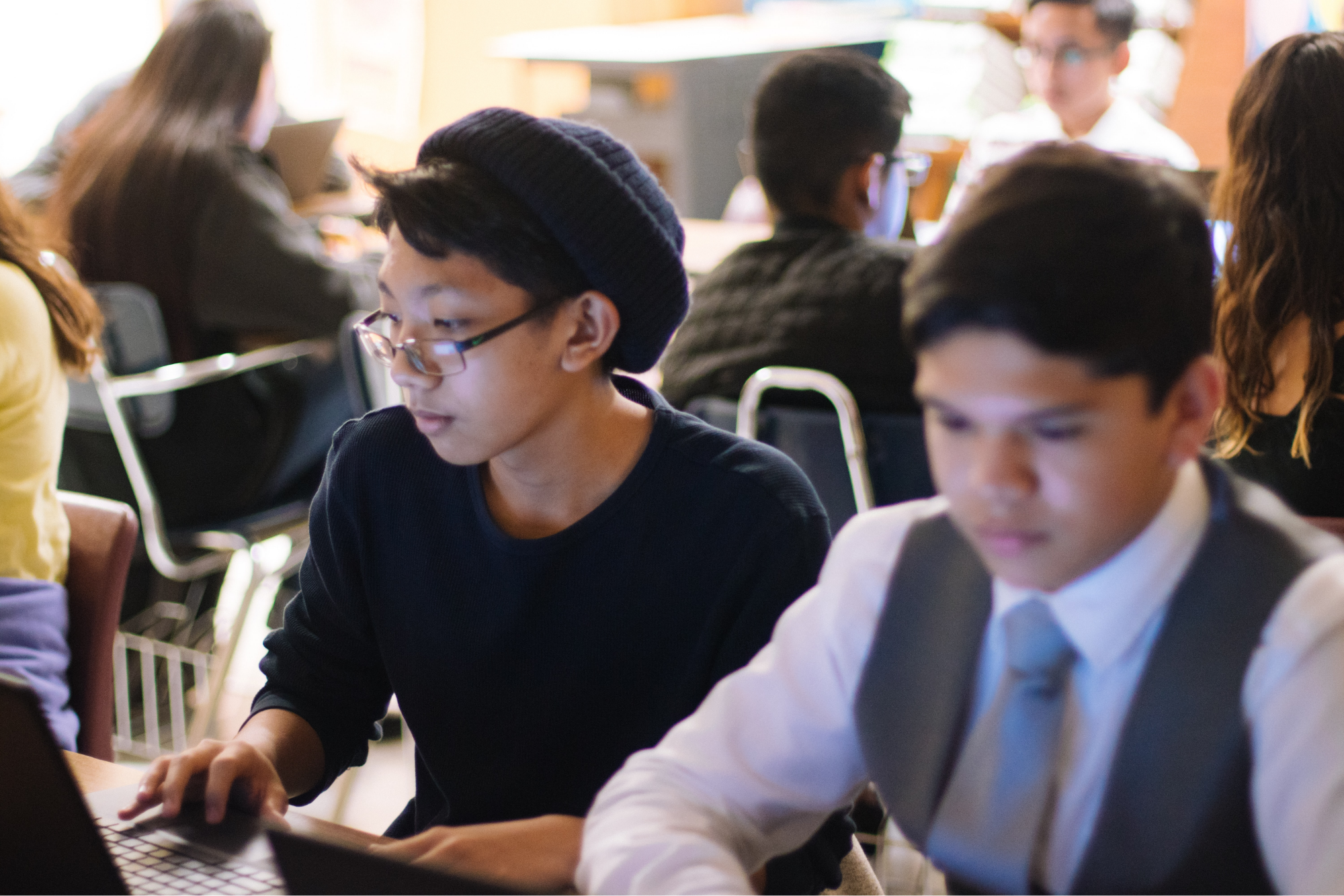In reflecting on the Foundation’s convening of grantees and partners focused on research to reduce inequality in youth outcomes, I found myself thinking a lot about power as it relates to reducing inequality. These ideas and questions aren’t necessarily new, but I would encourage you to think about them anew.
Power—in the research we conduct and review, in our laws, in our policies: Who has it? How is it being used? Who is being left out, silenced, or oppressed as a result? In contrast, whose voices are prioritized and valued, and whose life experiences are supported? As scholars and researchers, we often are in positions of considerable power and privilege to be good stewards in the work we do. But how are we using power to reduce inequality effectively and enduringly and perhaps contagiously?
Navigating the personal and professional
One insight that stood out to me after the convening was the nuanced interrelationships of personal and professional in the work we do related to reducing inequality. These personal connections may relate to our power and how we use it for good.
For example, one of my peers stated of her current study: “It is not just my project, but my whole being.” Another described her current work around reproductive justice and youth by saying, “I’m now on a crusade.” These two perspectives reflect two individuals standing in their power to comprehensively and wholly address inequality in the work they do, which is also foundational to their personal lives.
From feminist perspectives, the professional is personal and the personal is political. For everyone studying ways to reduce inequality, social issues are all, and they have been increasingly politicized in the recent past and current moment. One related question that arose surrounded how to manage personal attacks when our work IS political. This is a real and scary challenge. How can we stand in our power in this context? How do we use our power for good in these circumstances? Or, alternatively, how do we draw strength from the power of others as we face these scenarios so that we can rest and feel safe? Without a sense of security, and without supportive social relationships or communities like ours, it can be very challenging, personally and professionally, to do our real labors of love.
Leveraging power toward youth agency
Another insight concerns the role of law in the lives of youth. Related to the role of others, we heard about how the law is a social construction— a relationship. It shapes our social landscape differentially depending on our social location (i.e., laws being interpreted in ways that disadvantage those with marginalized IDs or experiences). Youth can be insightful, thoughtful, competent, and active agents in their own decision-making processes, and yet policies, practices, and laws often pose obstacles to acknowledging and aligning with their actual experiences and developmental capabilities. How do we as scholars leverage power to uplift young people’s voices and move the needle with laws and policies that more directly support and minimize harm to the positive development and resilience of children and young people today? How can we do this so that they have agency to stand in their power?
Toward inspiration
What our convening showed me was that we can use our power to shift and strengthen our research approaches. I love the consideration of more expanded thinking of family, which we heard about from a handful of my fellow grantees. I think about this a lot in the research I do with queer and also adoptive families, as well as the importance of families who are chosen and those of origin. We need to think about the questions we’re asking and consider who or what is driving them and who or what they serve. Are we using our power to listen? In the context of power, we need to think about this in the kind of data we collect and from whom and in what ways. Our research and our data should ideally reflect multiple and diverse methods, multiple informants, multiple indicators, multiple locations or settings, and multiple time points.
As we aspire to move to a more restored and inspired place from which we can do this work—if we currently are dealing with burnout and fatigue, let’s continue to consider how we expand our conceptual and methodological thinking.







